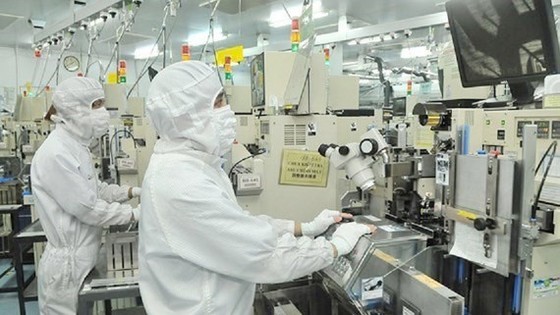 |
Launched in 2018, Vingroup Innovation Foundation (VINIF) aims at supporting young scientists in universities and academies to conduct their innovative scientific-technological research. It has spent nearly VND800 billion (US$33.7 million) on over 100 projects, 6 master-level training programs, nearly 1,200 scholarships for postgraduates at master’s, doctorate, and post-doctorate levels.
After five years, VINIF has contributed to the success of thousands of scientific projects published on prestigious journals in the world, the release of 400 new products and 70 inventions, the establishment of 20 startups and spinoffs.
Dr. Nguyen Quan – former Minister of Science and Technology – stated that scientific-technological funds are a critical helping hand for scientists to carry out their research.
In 2003, the Science and Technology Ministry proposed the establishment of the National Foundation for Science and Technology Development (NAFOSTED) to the Government. The Foundation formally came into operation in 2008. In 10 years, it was able to help scientists in basic sciences to introduce a series of useful products, while increasing the number of international publications by Vietnamese scientists by 20-30 percent a year.
Following that was the forming of the National Technology Innovation Foundation (NATIF) from the proposal of the Science and Technology Ministry, aiming at supporting businesses to launch their own technology upgrade projects. sadly, this Foundation does not live up to its expectation because the financial mechanism does not guarantee the risks of scientific and technological research.
Dr. Quan suggested that it is necessary to address mechanism-related issues when financializing scientific-technological projects. when scientists complete their ideas, which are then approved by competent agencies, these researchers should receive financial aid to pilot their research results in reality.
He added that many developed countries have applied this procedure and reaped success. VINIF is following this, and also achieved many outstanding results. This Foundation should become the model for other public units and universities to consider and copy when establishing new investment funds for scientific-technological activities in the future.
























